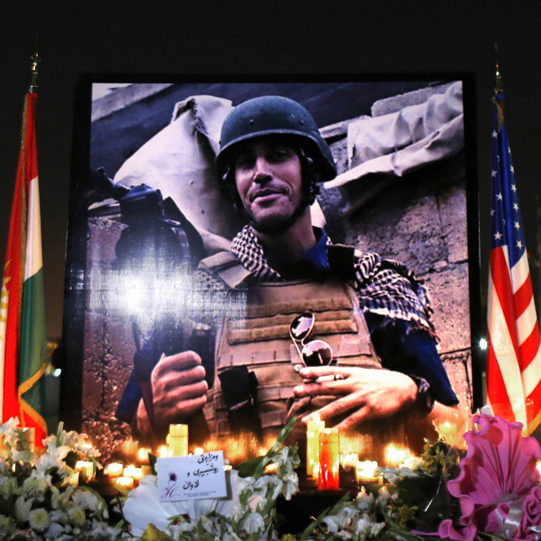Some time after she has agreed to meet her son Jim’s jihadist killer—a British member of the ISIS circle that organized the videotaped beheading—Diane Foley receives a letter from the convicted man. It is courteous, careful, and generous. “It must not have been easy to sit before me and show the composure and patience that you did,” the murderer writes, ending with a promise to pray for her and her dead son and “my sincere apologies for what you have all been made to endure.”
In some ways, of course, it’s a riddle: Is this a shameless attempt to win sympathy and maybe freedom from a maximum-security prison? Has his time behind bars allowed the killer to reflect on his own mother and all the lives he’s destroyed? What does it mean when a terrorist speaks of God?


